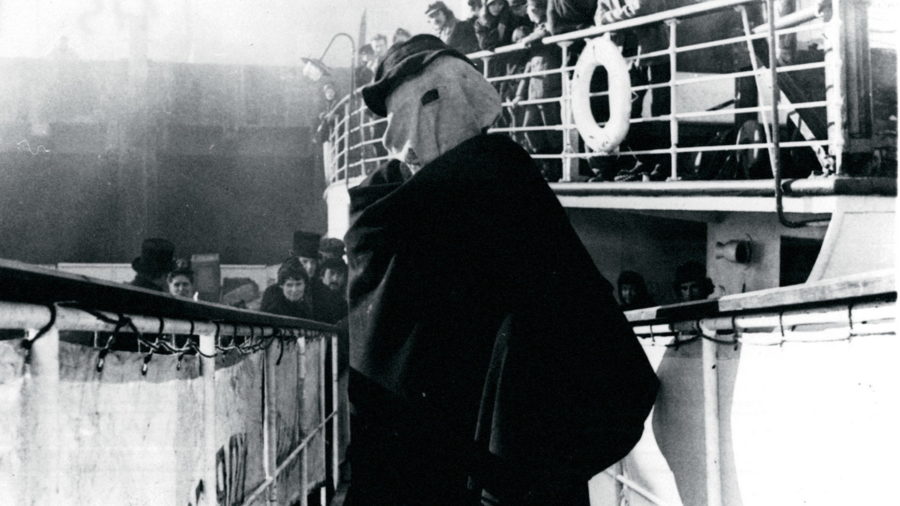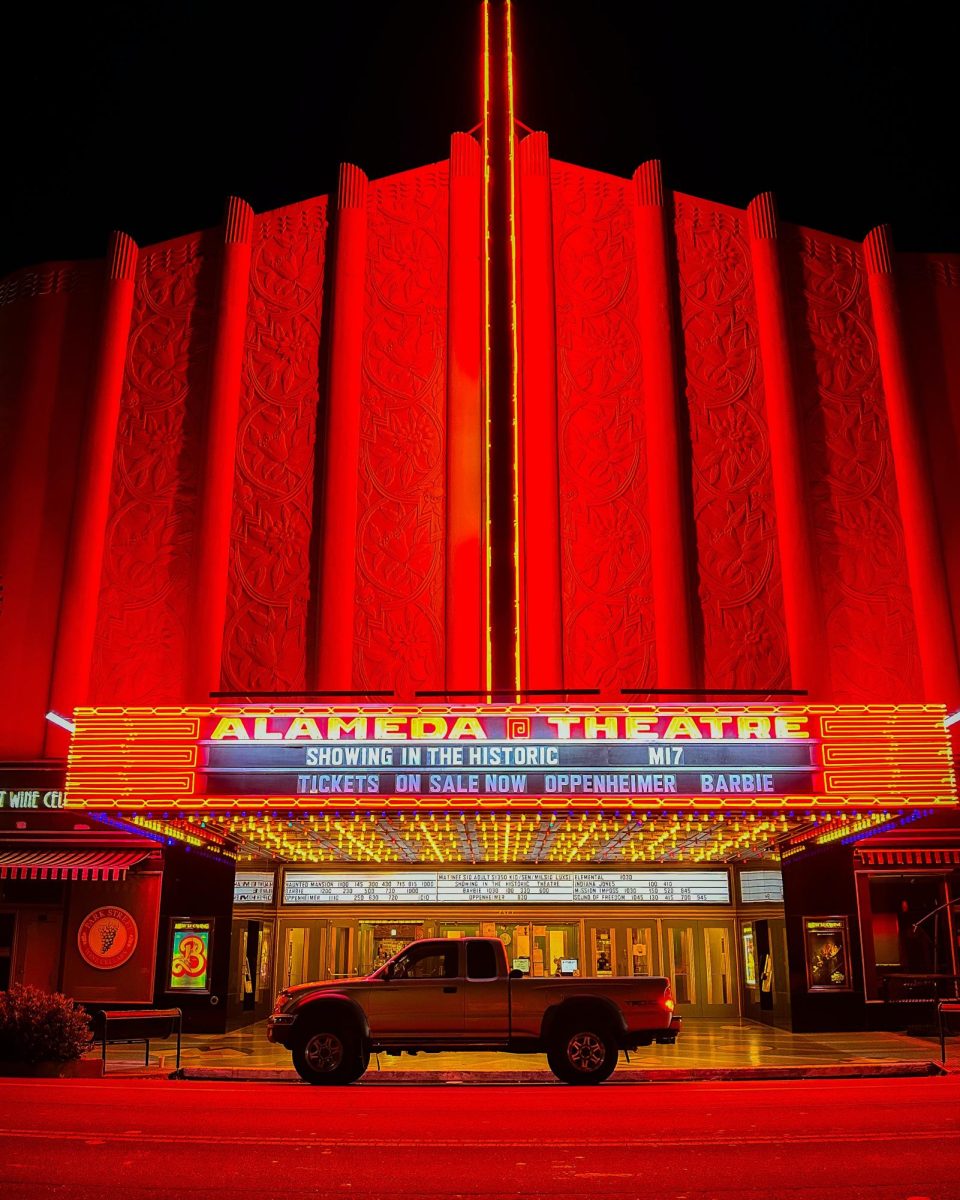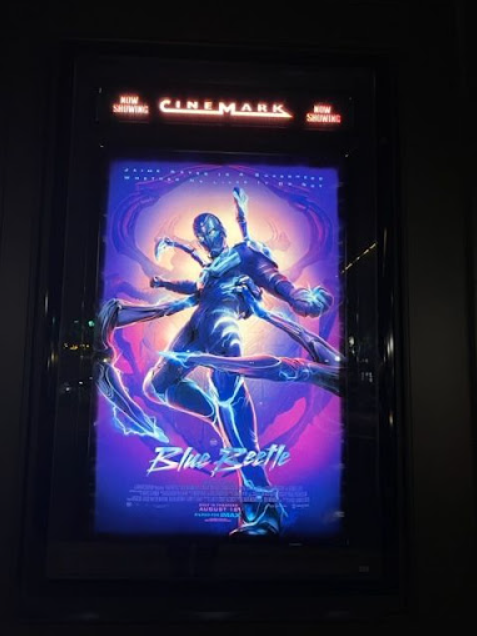Samuel Barber’s “Adagio” is often misinterpreted as a tragedy, having been voted the “saddest classical work ever” in a BBC poll in 2004. However, the piece cannot be fully understood unless heard in its entirety, a fact seemingly overlooked by David Lynch in his 1980 film The Elephant Man.
In Lynch’s decision to omit measures 36-56 of the piece lies the piece’s misrepresentation. The beginning of the piece can easily be construed as grim, owing to its key, register, and tentative entrances from the lower strings. The simple melody is repeated and reshaped several times between the first violin and the viola before being handed off to the cello, which indicates the tone shift. This is the point at which Lynch makes his cut, fading out and resuming at the a tempo in measure 57. The missing twenty measures contain the piece’s true meaning. Measure 36 begins a build, wherein the melody returns to the first violin and support from the other parts slowly increases through measure 45, where the second violin leads an exponential charge to a robust exultation. Without this to play off of, the piece’s resolution is reduced from quiet solidarity to a simple repetition of a theme.
The second movement of Barber’s “Quartet for Strings” is a reflection of his own anguish. The composer entered the Curtis Institute of Music at the age of 14, isolated by his rigorous studies. There he met his life partner, Gian Carlo Menotti, during the upsurge of American homophobia leading into the post-WWII Red Scare. Despite the antipathy of the world around them, “Johnny and Sam” purchased a house in New York which they shared for over forty years. Barber composed Adagio when he was only 26 years old, while spending a summer in Europe with Menotti. Though the two grew apart, and Menotti flitted between other much younger partners after Barber’s death, the heartache felt by the young composer at having to hide such a strong devotion persists through time.
As the piece loses meaning, so does Merrick’s death. Earlier in the film, he confessed to Treves that he wants to sleep like the boy in a painting hanging on his wall. The story concludes with his death as he achieves this dream. With the Adagio as it was in the film, this moment is understandably tragic. However, it detracts from the scene because it removes Merrick entirely. Anyone can die to sad music, but Merrick’s choice means something more. The scene without the music is immensely powerful for a number of reasons, depending on the interpretation of Merrick’s motives. Whether he chooses to die because he feels he will always be different, because he is happy and fears losing that sense of safety, or because he is afraid to wither at the hand of a devastating illness, he makes the conscious decision with a clear mind to end his life on his own terms. It is contented, it is peaceful, and yes, it is sad. But removing the joyful climax of the piece removes the impact of this final display of autonomy.
The use of Barber’s most famous work is in keeping with the example set by the 1979 Broadway production of The Elephant Man, which utilized works by Bach, Saint-Saëns, and other baroque and classical composers. However, in his decision to overlook such a critical passage of the piece, Lynch may have missed the mark.











